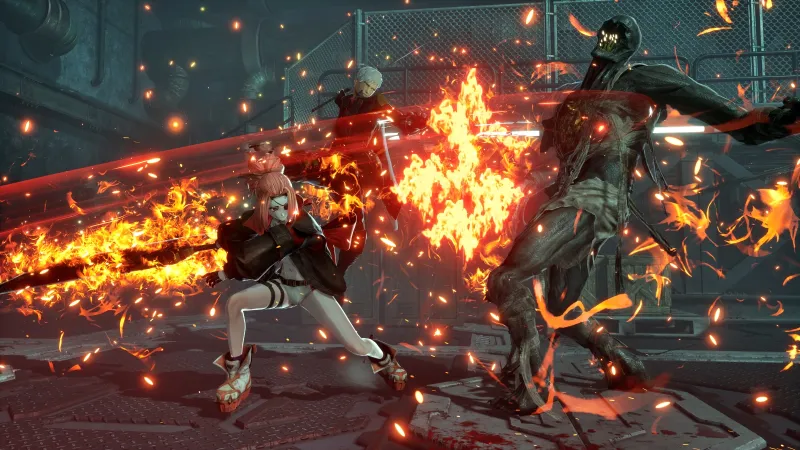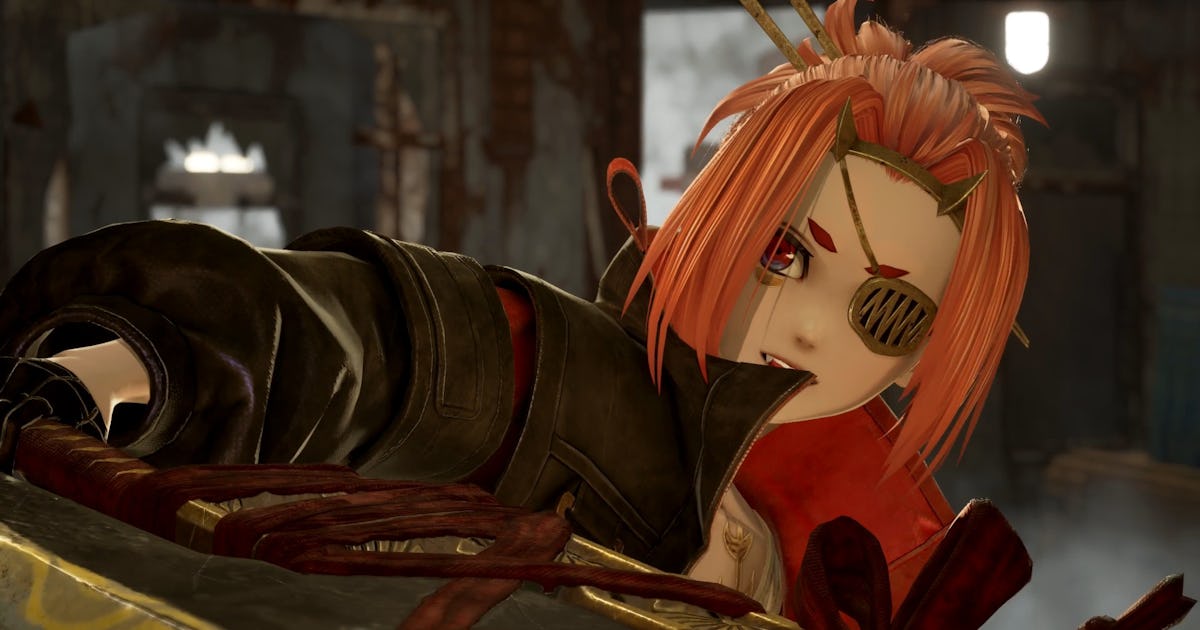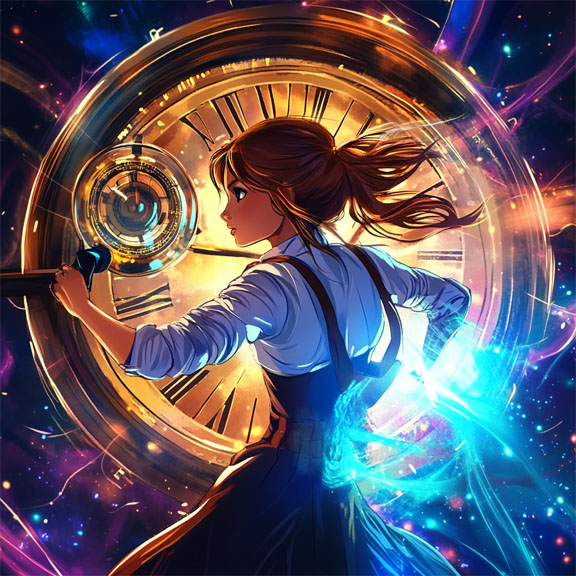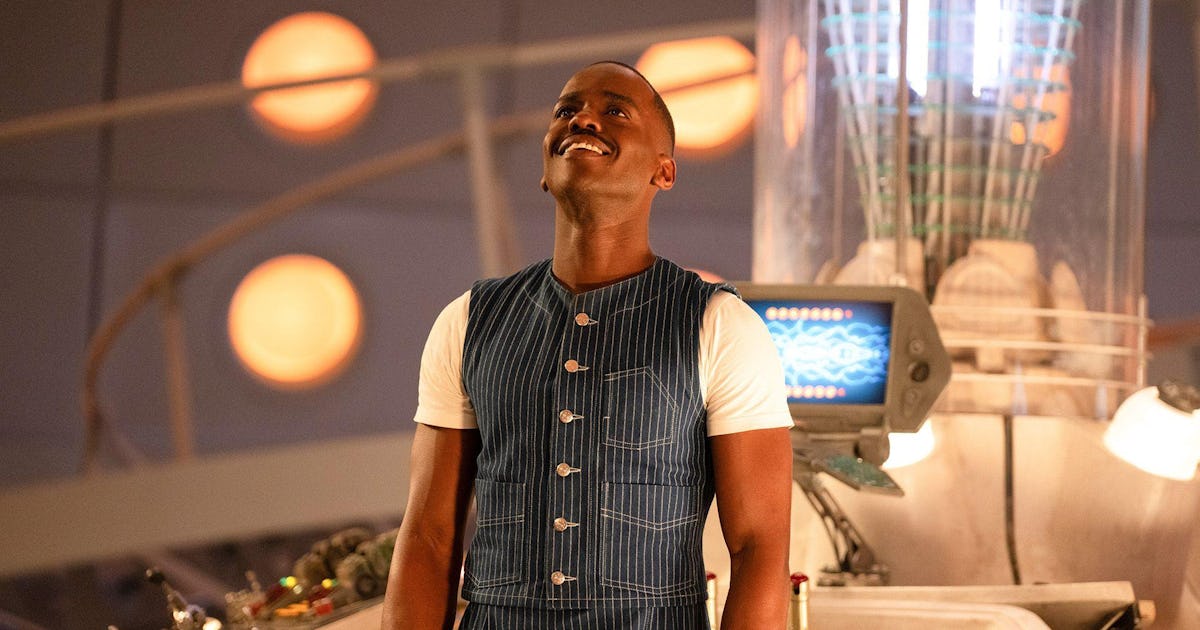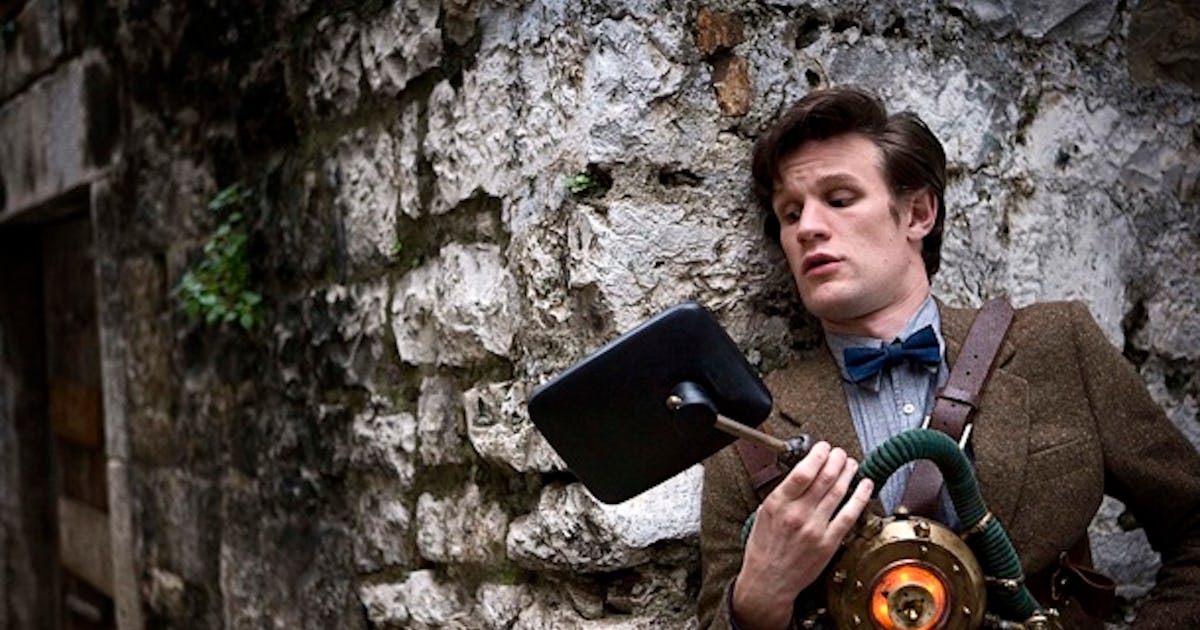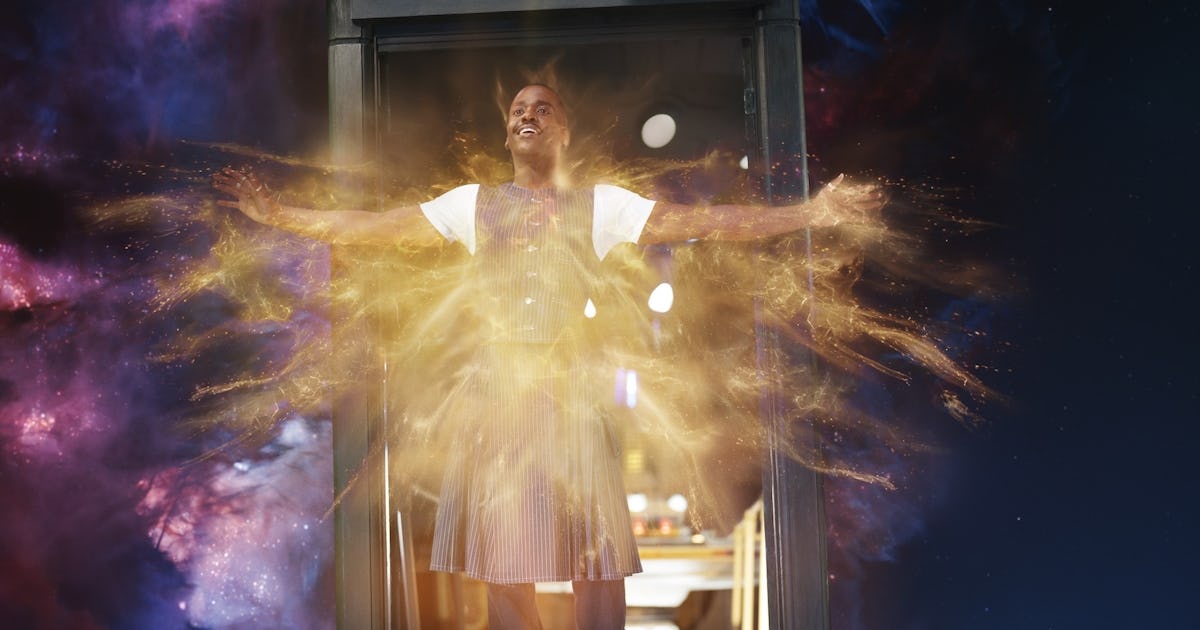#time-travel
#time-travel
[ follow ]
#science-fiction #outlander #romance #doctor-who #digimon #character-development #video-games #prequel #code-vein-ii
fromKqed
2 weeks ago'Arco' Is a Dystopian Tale Imbued With a Surprising Amount of Optimism
In all the dystopian visions of the future that the movies have trotted out over the last few decades, the one that sticks the most, surprisingly, is WALL-E. That's not just because of the chastening sight of an over-polluted Earth or those sedentary humans glued to their screens. It's because those quite plausible possibilities mean something different in a kids movie. It's their future, after all.
Film
fromwww.theguardian.com
3 weeks agoTim Travers and the Time Traveler's Paradox review space-hopping comedy asks the big question
For the sheer quantity of its gibbering, jabbering nonsense, this movie deserves some points. That, and the amusing cameo at the end from Keith David as the Simulator, AKA God, who explains to the awestruck mortals that God is an entirely free creator, rather like a self-published novelist, then grows irritated when the mortals think that being self-published is lame: It's not my fault if you don't understand the industry! This is an exhausting indie romp on the subject of time travel,
Film
fromInverse
1 month ago30 Years Ago, Terry Gilliam Gave Us A Once-In-A-Lifetime Sci-Fi Epic
Before there was River Song in and before there was The Time Traveler's Wife, there was 12 Monkeys. Yes, the 1995 sci-fi thriller is known for its bleak take on the future, and the almost doggedly deterministic message that you (probably) can't escape your own destiny. Jay Gatsby may have believed that you can't repeat the past, but in Terry Gilliam's time travel film, you also can't change it.
Film
fromGame Informer
6 days agoNioh 3 Preview - An Exciting And Necessary Shake-Up - Game Informer
In a chat with game director and Team Ninja head Fumohiko Yasuda, he says he felt the evolution between Nioh 1 and 2 was "lacking", and wanted a third entry to take a bigger leap forward. "When we wanted to do Nioh 3, I think I really wanted to make sure that we had something that had a new kind of gameplay as well as a new kind of gameplay experience, in addition to just evolving the action as well," Yasuda says through a translator.
Video games
fromConsequence
3 months agoGore Verbinski Reveals Trailer for Time-Travel Heist Good Luck, Have Fun, Don't Die
For the first time since 2016, we've got a new movie from director Gore Verbinski ( Pirates of the Caribbean: The Curse of the Black Pearl) to look forward to - and this one looks like a wild ride. Good Luck, Have Fun, Don't Die, this first trailer reveals, features Oscar winner Sam Rockwell as a time traveler from an apocalyptic future. His goal: To save the present day... from itself.
Film
fromInverse
3 months ago35 Years Ago, A B-Movie Legend's Last Film Was An Awesomely Ludicrous Sci-Fi Flop
There is a literal s**t-ton of movies that carry the name " Frankenstein" in their titles. From the most faithful adaptations of Mary Shelley's original novel to in-name-only, bargain-basement cheapies, there has been no shortage of motion pictures ready to glom onto the property, going back to the earliest days of cinema. But occasionally one emerges that is actually offbeat and decent enough to warrant additional attention.
Film
fromGameSpot
3 months agoZelda: Majora's Mask Put Heartbreak At Its Core, And That's What Made It Special
The second Zelda title released for the Nintendo 64 and the follow-up to the universally acclaimed Ocarina of Time, Majora's Mask retained much of its predecessor's mechanics and assets, but it reframed them with a recurring three-day structure that proved to be controversial among fans at the time. But while this unconventional time loop contributed to the game's divisive reputation, it also gives it a unique identity among the series, and is the reason the game remains so moving more than two decades later.
Video games
Film
fromIndieWire
3 months agoIn 'Nirvanna the Band the Show the Movie,' the Rivoli Gig Is as Elusive as Ever. That's Just How Matt and Jay Want it
Two friends perpetually pursue performing at The Rivoli through increasingly elaborate, doomed schemes, creating a self-sustaining comedic premise that grows funnier with age.
fromGitHub
4 months agoGitHub - mutativejs/travels: A fast, framework-agnostic undo/redo core powered by Mutative patches
Efficient History Storage with JSON Patches: Instead of storing full state snapshots for each history entry, travels uses JSON Patch (RFC 6902) to store only the differences between states. This dramatically reduces memory usage, especially for large state objects with small changes. For example, changing a single field in a 1MB object only stores a few bytes in history. High-Performance Immutable Updates: Mutative is 10x faster than Immer and provides a mutation-based API for updating immutable data structures.
React
fromInverse
4 months ago'Good Luck, Have Fun, Don't Die' Is The Apocalyptic Wake-Up Call We Need
Gore Verbinski's bombastic return to the big screen starts with a bang - well, more accurately, a trickle. It's not easy to forget that this is the same man who delivered three gonzo Pirates of the Caribbean movies when his mysterious protagonist (Sam Rockwell) storms into a diner in the heart of Los Angeles, swathed in a plastic raincoat and covered in a series of tubes and wires... one of which empties a splash of urine onto the linoleum.
Film
fromInverse
4 months agoThe Most Stunning Time-Travel Movie Of The Year Is A Vision Of Hopeful Sci-Fi
Hollywood's vision of the future has been unmistakably bleak of late. Where franchises like Star Trek are consistent with their ideas of an eventual utopia, it's going to take a lot of work - and time - to get to that point. It's a dismal prophecy to those of us living through the 2020s, an era depicted thoroughly (and not too optimistically) across Star Trek's history. It's hard not to succumb to the feeling of doom as our ecological circumstances get dimmer by the day.
Film
fromInverse
5 months agoA Tiny, Terrific Mech Tactics Game Is Free Now On Amazon Prime
Played on tiny grids with just a handful of units facing off against each other, the sci-fi tactics game pares the genre down to its very essentials. While that might sound like it would limit its strategic depth, it instead makes every decision count even more, turning every short battle into a tense, cerebral clash with next to no room for error.
Video games
fromGameSpot
5 months ago"The Humanity Is In The Writing," Destiny 2 Lodi Actor Says
Destiny 2 often uses expansions to introduce new characters and build out their stories. With The Edge of Fate, the first chapter of the new story arc Bungie calls the Fate Saga, the developer introduced a very new, very different kind of character, named Lodi. Your main point of contact in the expansion's destination, Kepler, Lodi has a deep, strange backstory that introduces a whole lot of new elements to the game's story and lore.
Video games
fromNature
5 months agoEinstein hated entanglement - and five other quantum myths
Quantum mechanics is unquestionably a robust and successful theory - so far, all its predictions have held, and scientists can build powerful technologies based on it. Yet, understanding what it tells us about the nature of reality and how we experience it has proven tricky. Physicists and philosophers have been grappling with it for a century, ironing out some of the early ambiguities, but some conceptual problems remain.
Science
fromNature
5 months agoTime's arrow
Forget all the nonsense you heard about time travel. You can't go back and kill your grandfather. The past has already happened. Everything is linked, each event underpins the next, everything is determined; you can't do anything to break those links. Try, and you enter a forbidden state. Your body won't obey your will. Attempting to hurt locals usually puts you in a forbidden state but not always. I guess some people just have no role in history.
SF politics
Design
fromYanko Design - Modern Industrial Design News
5 months agoWhen Crisis Becomes Canvas: The Q Timex 1972 Time Machine Reissue Proves Accessible Design Never Goes Out of Style - Yanko Design
Q Timex 1972 Time Machine Reissue symbolizes innovative design born from crisis and underscores the importance of accessibility in contemporary watchmaking.
Film
fromPolygon
8 months agoSnow White, Cleaner, Echo Valley, and every movie new to digital release this weekend
Streaming services offer a new lifeline for films with mixed reception, like Disney's live-action release.
This week features a rich variety of new thrilling releases on major streaming platforms.
fromKotaku
9 months agoThis Compelling Time Travel Adventure Is A Must-Play
As I began playing this time travel adventure, written and programmed by Dave Gilbert, I was waiting for the twist. It's 2062, and Fia Quinn is a time agent for ChronoZen, a corporation that takes wealthy clients back in time, while maintaining government-mandated control of the timeline.
Video games
[ Load more ]

